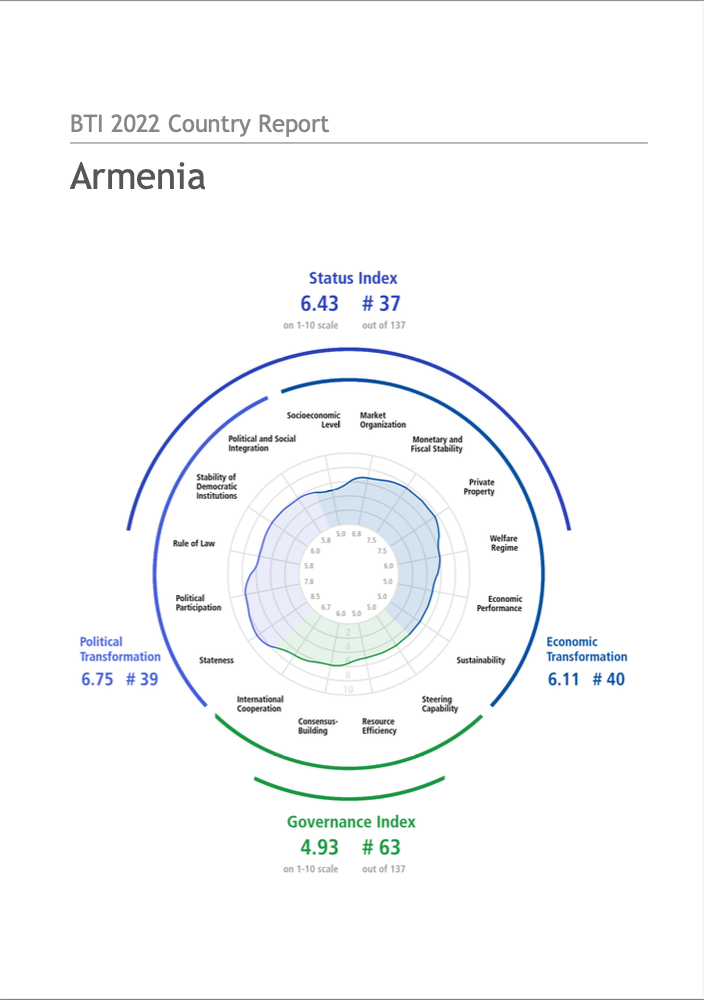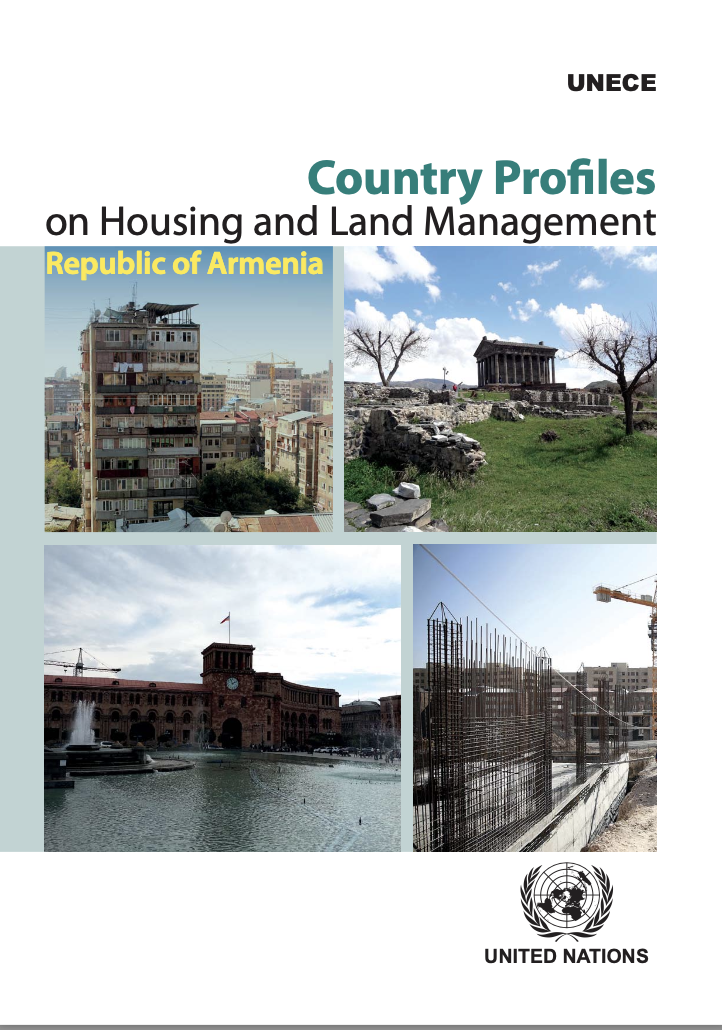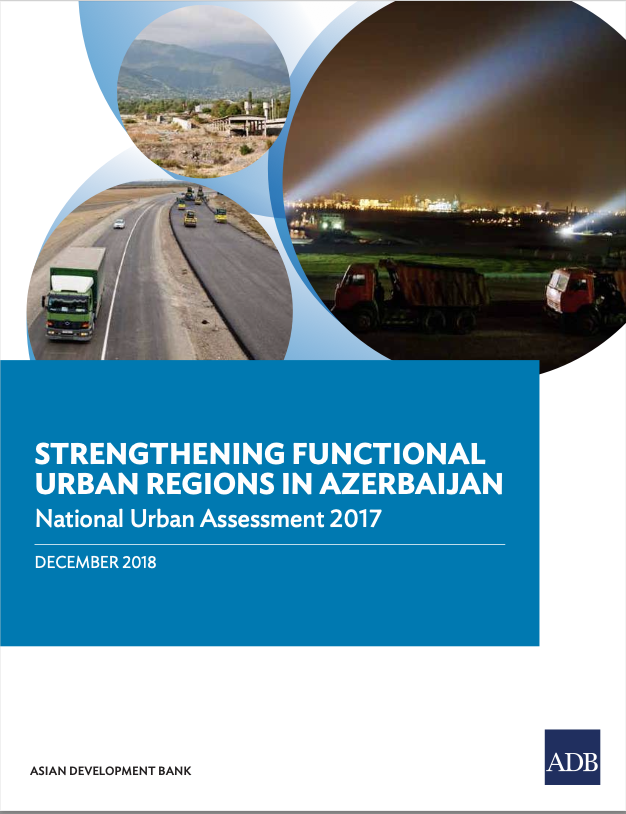La Carta de la Tierra y el Modelo de Gestión Ambiental Urbana 2016. Orientando el camino hacia la ciudad sostenible.
Las Naciones Unidas, en su agenda 2015-2030 –concretamente en el obje- tivo de desarrollo sostenible n° 11: ciudades y comunidades sostenibles–, se propone la consecución de ciudades y asentamientos humanos inclusivos, seguros, resilientes y sostenibles, si se asume, como expresa la misma or- ganización, que la mitad de la población mundial vive en ciudades, lo cual es crucial para el desarrollo sostenible. Si bien el objetivo es claro, el reto es encontrar la forma de conquistarlo.









